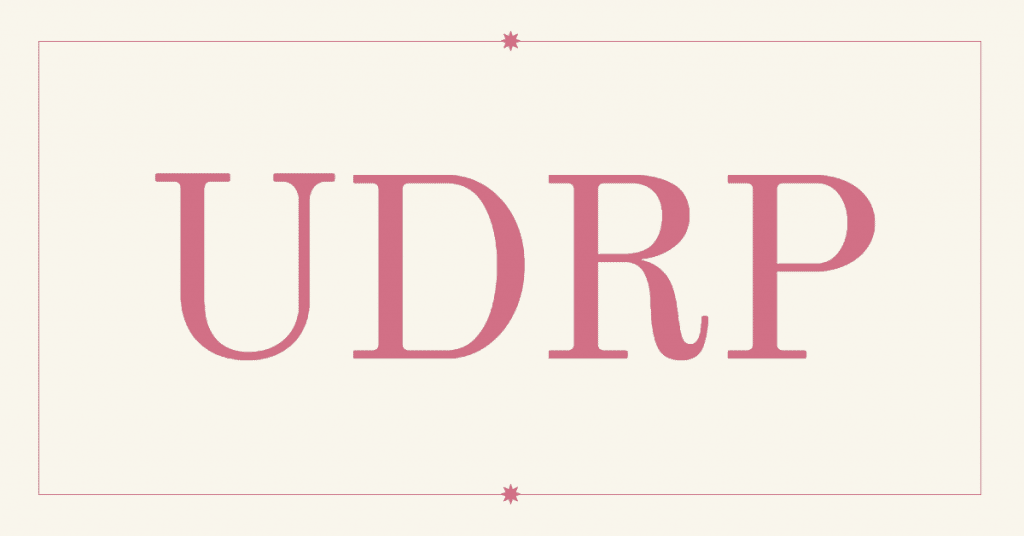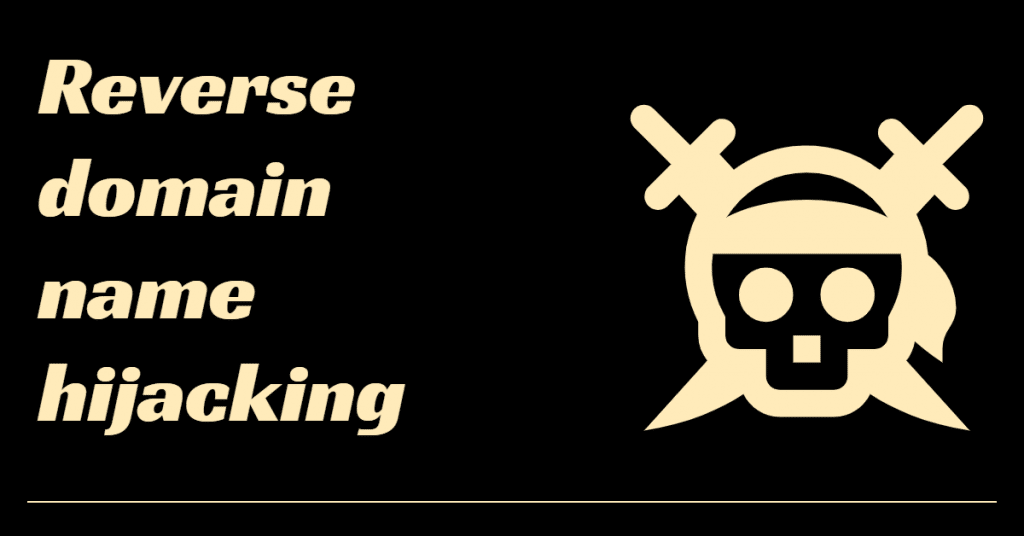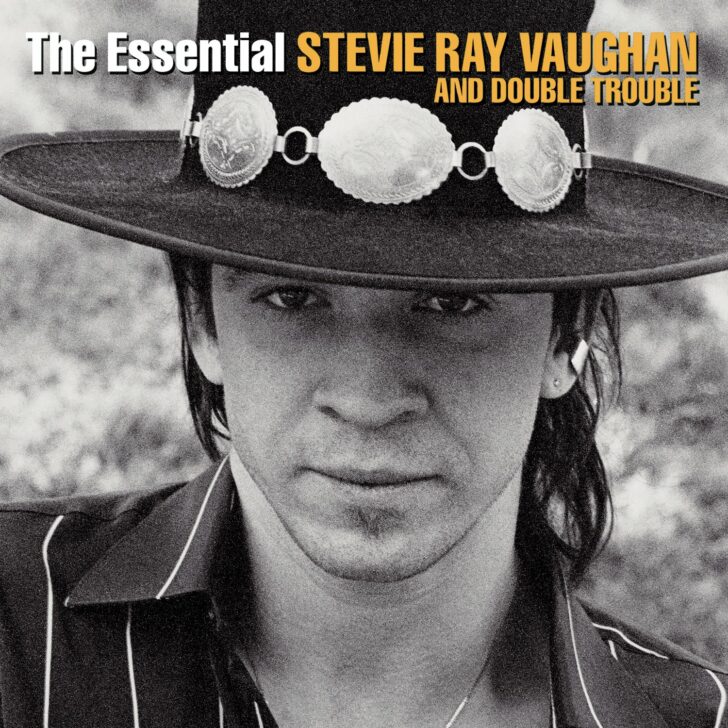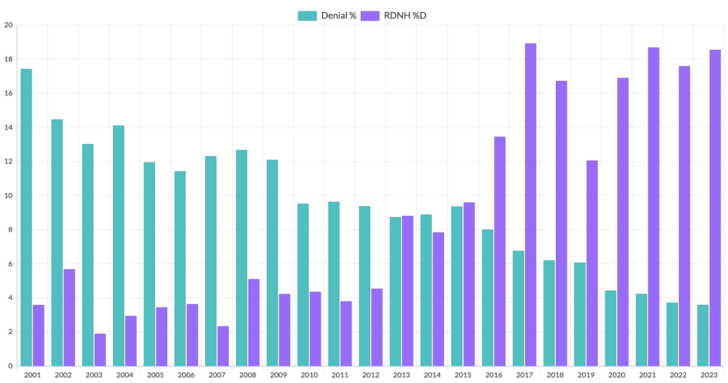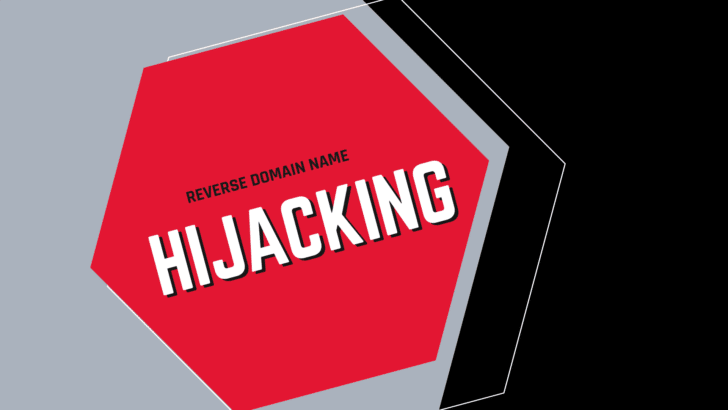These cybersquatting cases were dead on arrival, but the panelist didn't find RDNH. Window covering company Mermet S.A.S., part of the Hunter Douglas company, has lost two cybersquatting claims. The company filed disputes against mermet.com and ... Continue ReadingLeave a Comment
Panelist finds reverse domain name hijacking in WholesaleSuite .com dispute
· Policy & LawAlthough it probably would have still lost the case, the Complainant could have made arguments to prevent a reverse domain name hijacking decision. A UDRP panelist has found reverse domain name hijacking in a case where the domain owner didn't ... Continue ReadingLeave a Comment
Stevie Ray Vaughan tribute site saved in cybersquatting claim
· Policy & LawDomain registrant said he bought the domain to create a tribute to the late singer. The estate of musician Stevie Ray Vaughn has lost a cybersquatting claim it filed against StevieRayVaughan.com. The domain owner said he acquired the domain in ... Continue Reading2 Comments
Panelist denies GPI.com UDRP, but…
· Policy & LawA panelist who represents a lot of Complainants doesn't find reverse domain name hijacking. A UDRP panelist has correctly denied a cybersquatting claim against the domain name GPI.com but failed to find reverse domain name hijacking. The facts ... Continue ReadingLeave a Comment
WIPO UDRP panelist Richard Lyon passes away
· Policy & LawLyon contributed significantly to UDRP jurisprudence and wasn't afraid to call out bad complaints. A prolific UDRP panelist has passed away. Richard Grant Lyon was one of the original UDRP panelists and contributed significantly to its ... Continue Reading2 Comments
Viviendas Universales S.A.S. tries to reverse hijack viviendas.com
· Policy & LawDomain owner registered the dictionary term before the company existed. A World Intellectual Property Organization panel has ruled that home lending company Viviendas Universales S.A.S. tried to reverse domain name hijack ... Continue ReadingLeave a Comment
Trump loses another Mar-a-Lago domain name dispute
· Policy & LawTrump tries to get MaraLago.com through cybersquatting claim with World Intellectual Property Organization. Donald Trump's organization has lost a second cybersquatting dispute against a Mar-a-Lago-related domain name. Last year, the company ... Continue Reading6 Comments
Indian payments platform Innoviti tries reverse domain name hijacking
· Policy & LawInnoviti's argument about non-use was false. A large payments company tried to reverse domain name hijack innoviti.com.co, a World Intellectual Property Organization panel has ruled. Innoviti Technologies Private Limited, which uses the domain ... Continue ReadingLeave a Comment
Reverse domain name hijacking cases hit record high in 2023
· Policy & LawNearly one in five of denied complaints was reverse domain name hijacking. The number of cybersquatting cases filed under the Uniform Domain Name Dispute Resolution Policy (UDRP) in 2023 hit a record. So did the number of cases filed in bad faith, ... Continue ReadingLeave a Comment
TextMechanic owner tires reverse domain name hijacking
· Policy & LawPanelist says the company should have known this case wasn't winnable under UDRP. The owner of a text manipulation tools site has been found guilty of reverse domain name hijacking. Vantage Solutions, LLC, which operates TextMechanic, filed a ... Continue ReadingLeave a Comment





